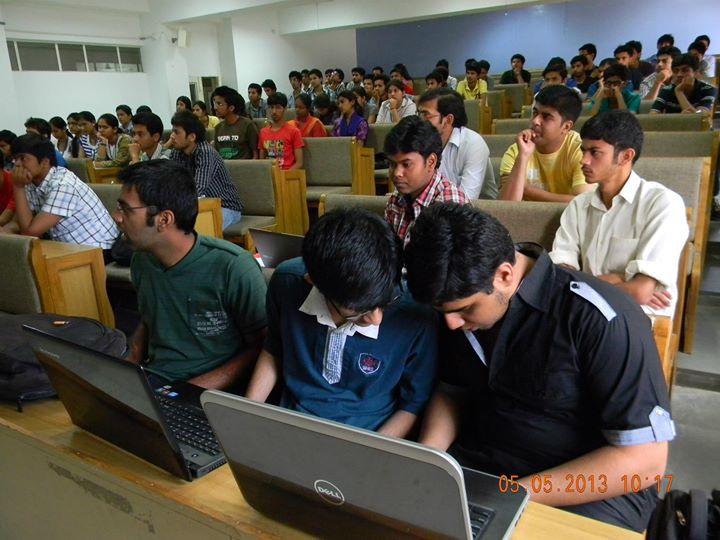


AAKASH (TABLET)
Aakash is first in a series of Android-based tablet computers produced by British company DataWind. It is manufactured by the India-based company Quad, at a new production centre in Hyderabad, with a planned trial run of 100,000 units. The tablet was officially launched as the Aakash in New Delhi on 5 October 2011. The Indian Ministry of Human Resource Development announced an upgraded second-generation model called Aakash 2 in April 2012. The Aakash is a low-cost tablet computer with a 7-inch touch screen, ARM 11 processor and 256 MB RAM running under the Android 2.2 operating system. It has two universal serial bus (USB) ports and delivers high definition (HD) quality video. For applications, the Aakash will have access to Getjar, an independent market, rather than the Android Market. The device was developed as part of the country's aim to link 25,000 colleges and 400 universities in an e-learning program. Originally projected as a "$35 laptop", the device will be sold to the Government of India and distributed to university students-initially at US$50 until further orders are received and projected eventually to achieve the target $35 price.
A commercial version of Aakash is currently marketed as UbiSlate at a price of $60. The Aakash 2, codenamed UbiSlate 7Ci, was released on 11 November 2012 and has a configuration that is an improvement over previous versions. The tablet will be sold to MHRD at a cost of Rs.2263 and subsidised to Rs.1130 for students.
AADL Mandi
"IIT Mandi is privileged to be a part of 5 IIT's team which is working for development of Aakash Application for educational and development purposes, IIT Mandi being the only one from new IITs. AADL, IIT Mandi consists of a team of self motivated young engineers who are working enthusiastically towards the development of android applications and motivating and guiding others towards the art of Android Programming We also have a dedicated lab, with all the facilities, for development of applications and organizing various events."






